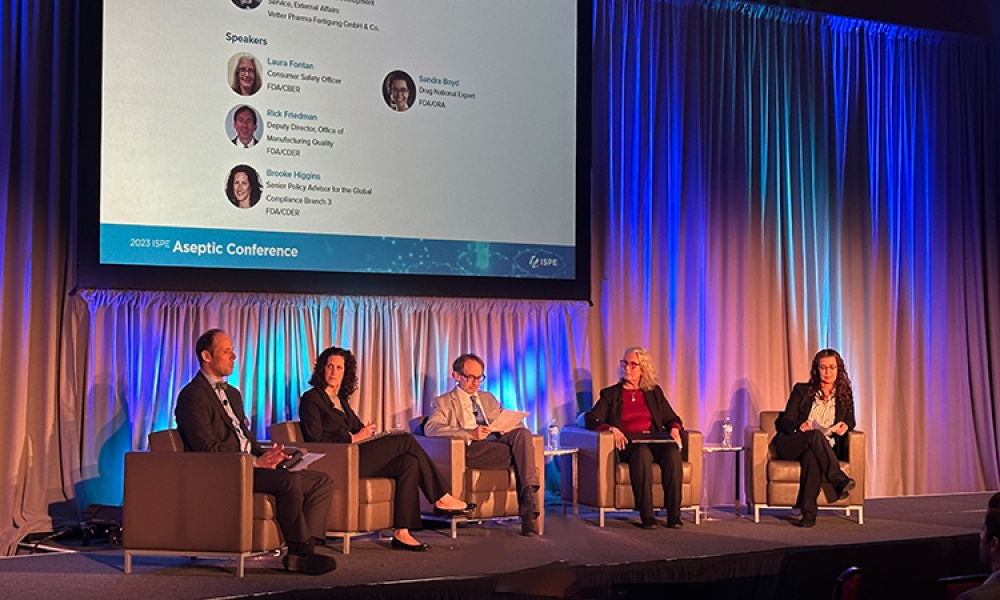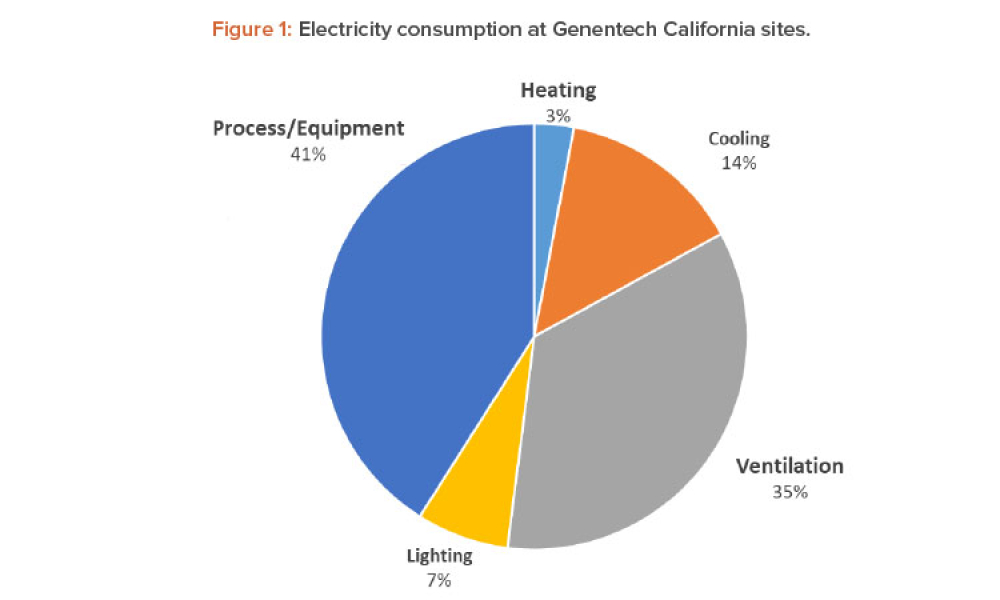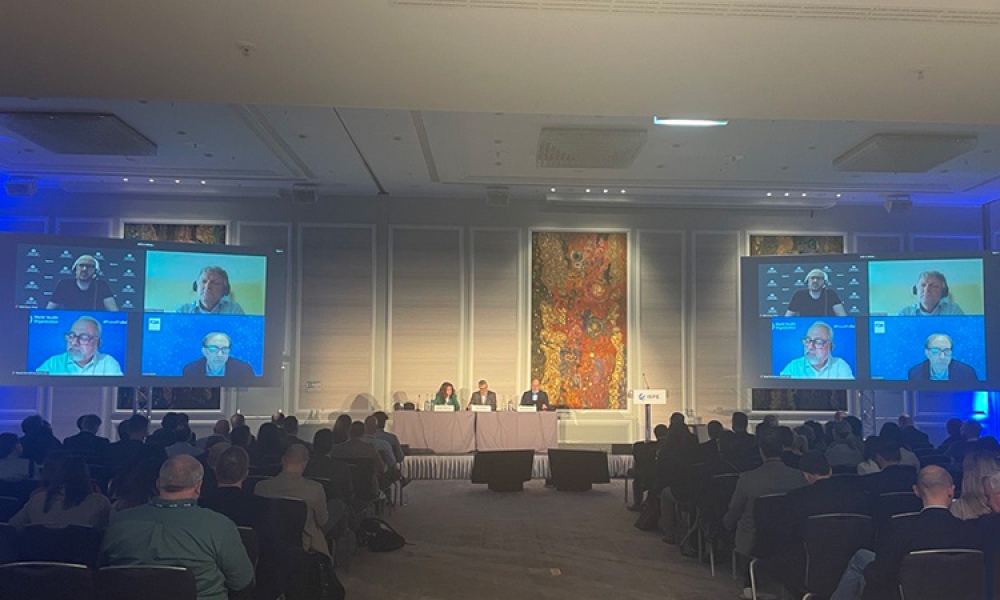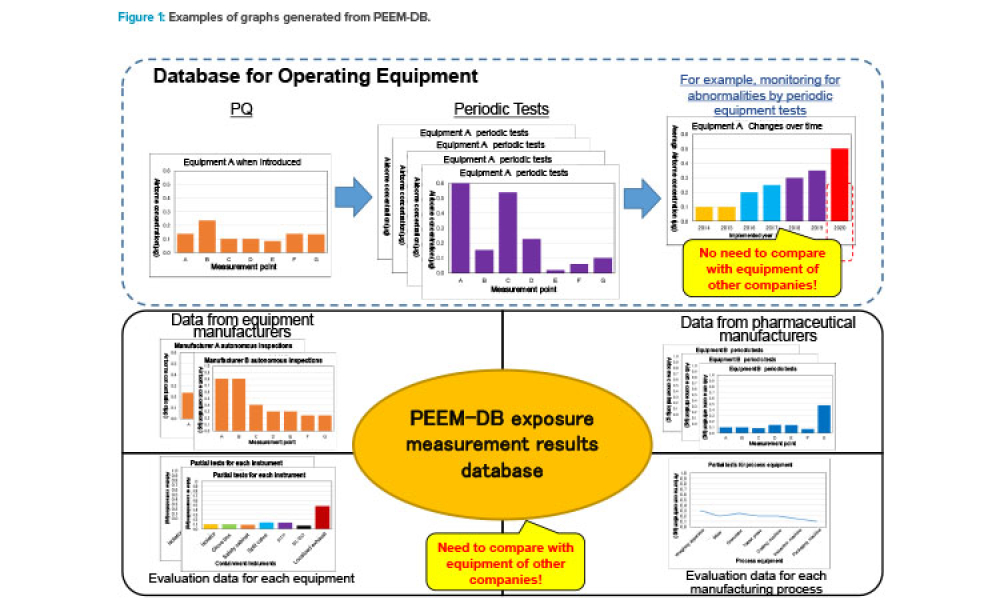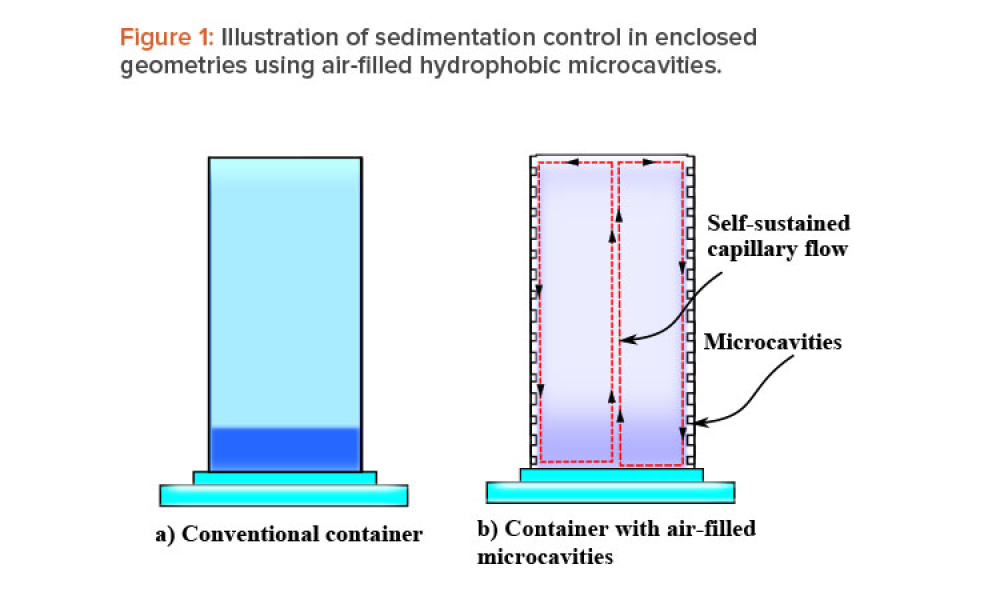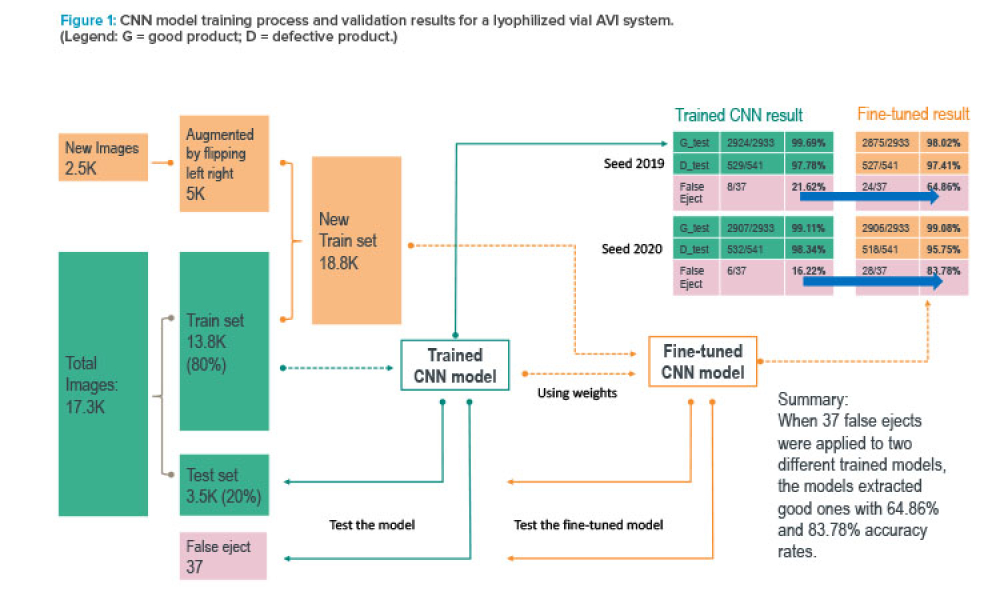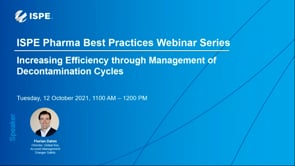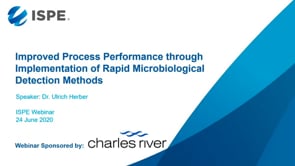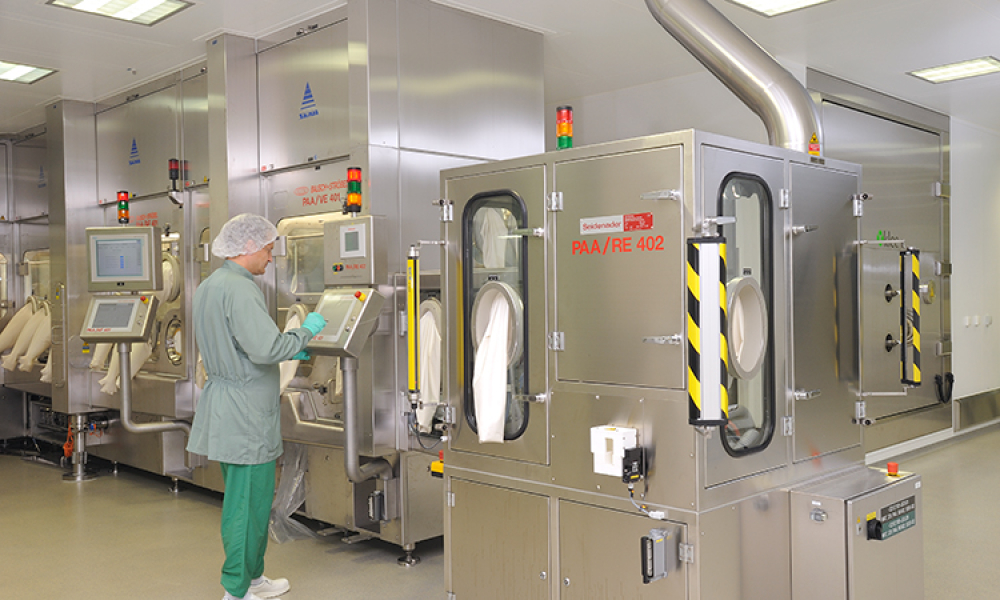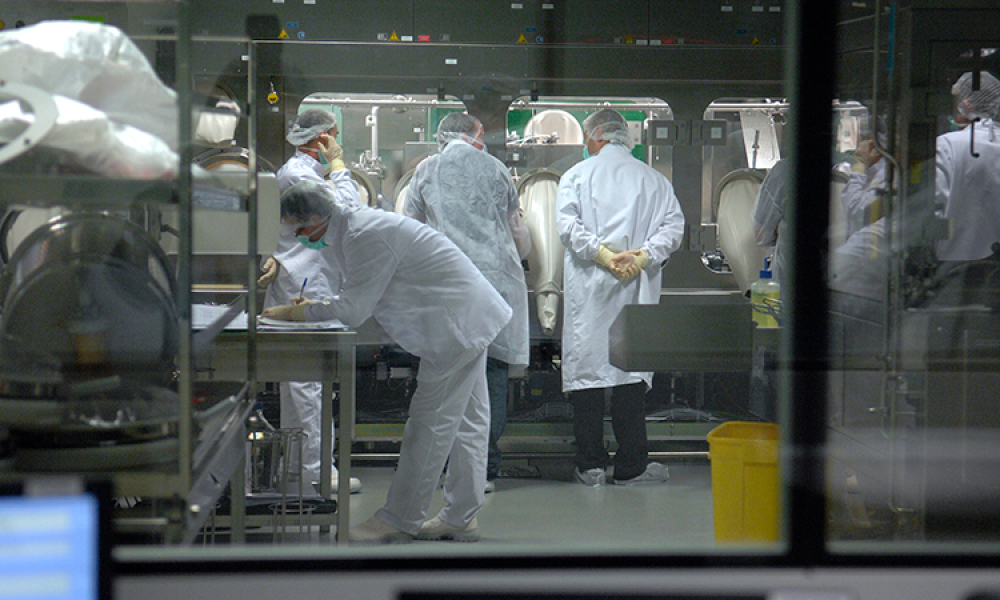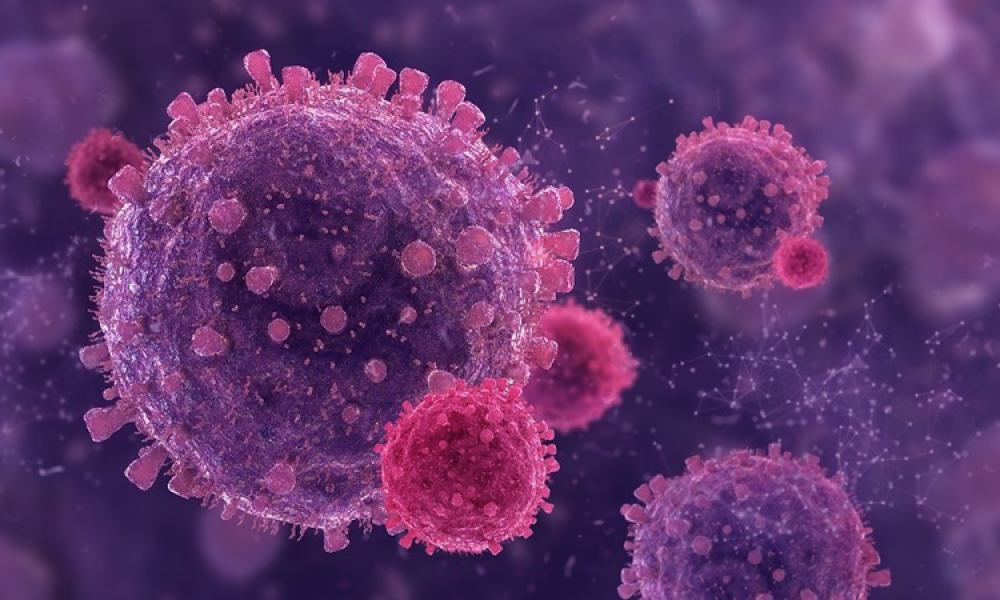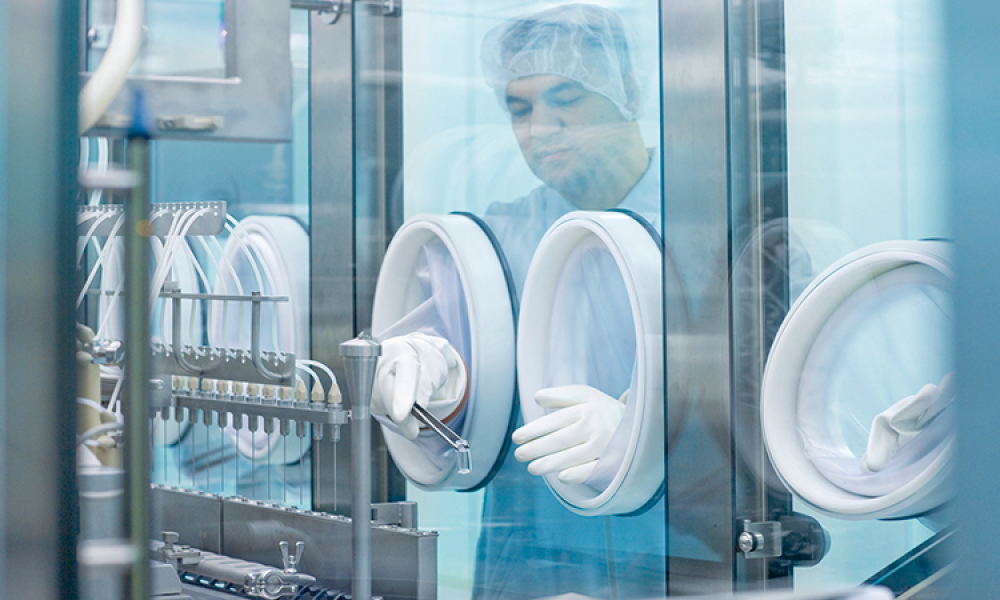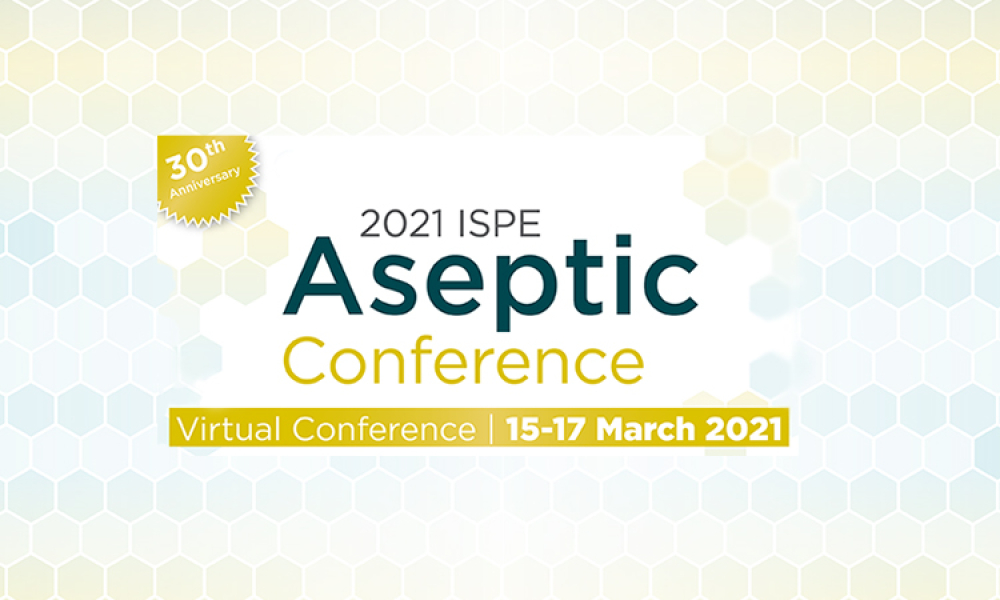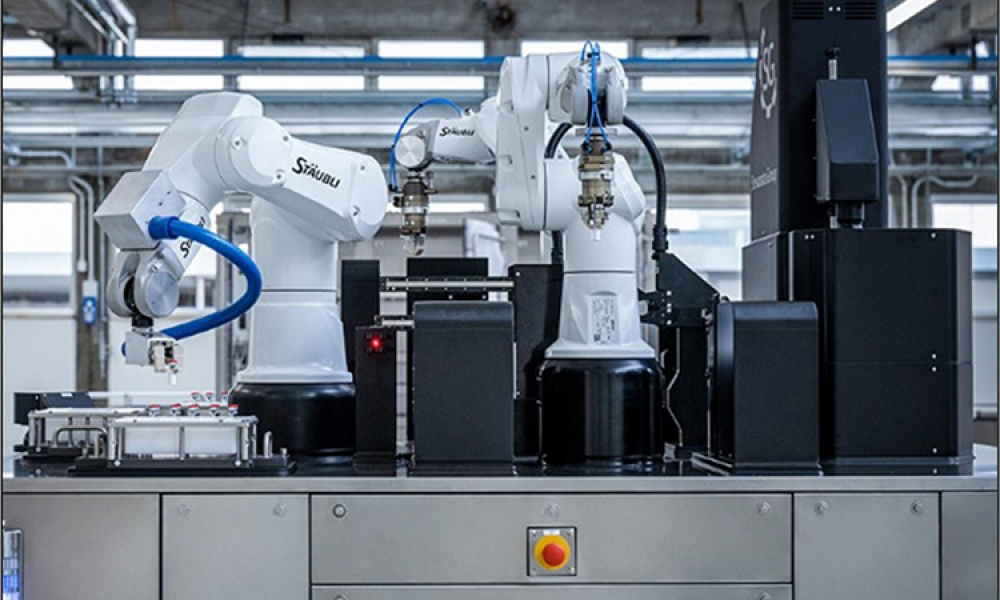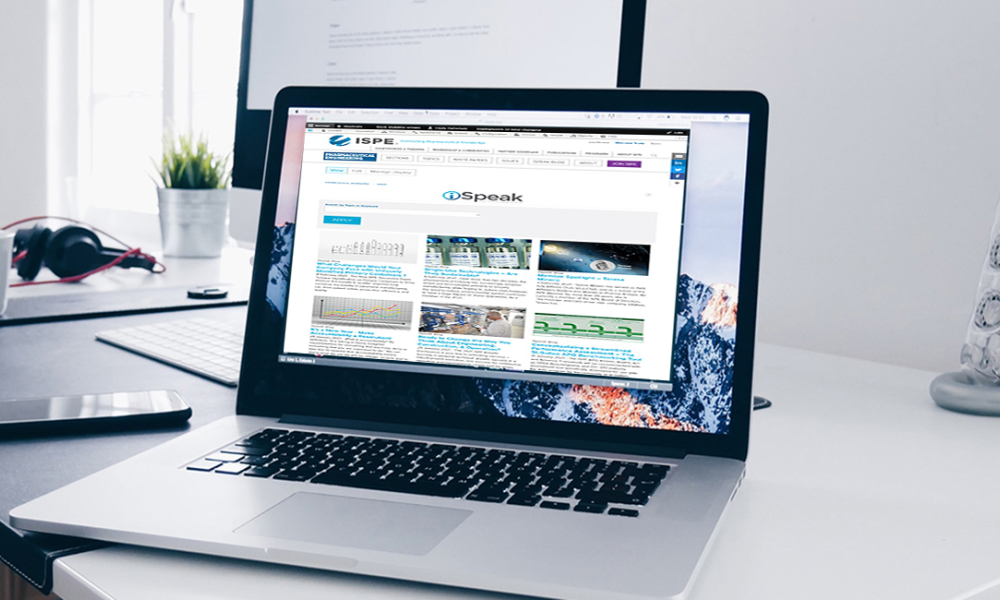Containment (Containmt) is the action of confining within a defined space a microbiological agent or other entity that is being cultured, stored, manipulated, transported, or destroyed to prevent or limit its contact with people and the environment. Methods to achieve containment include physical and biological barriers and inactivation using physical or chemical means.1.Primary Containment. Addresses the protection of personnel and the immediate laboratory environment from exposure to infectious agents. It involves using closed containers or biological safety cabinets along with secure operating procedures.
Guidance Documents
Biotechnology (1)
+Containment (4)
+Microbiological & Viral Contamination Control (3)
+Quality by Design (1)
+Sustainability (1)
+Sustainable Facilities, HVAC, & Controlled Environments (2)
+Community Discussions
Community Discussions
Mar 28, 2025
Information Systems
Regulatory
Advanced Manufacturing
Active Pharmaceutical Ingredients
Dec 16, 2024
Biotechnology
Containment
Pharmaceutical Engineering Magazine Articles
Featured Conferences

iSpeak Blog Posts
Conferences

